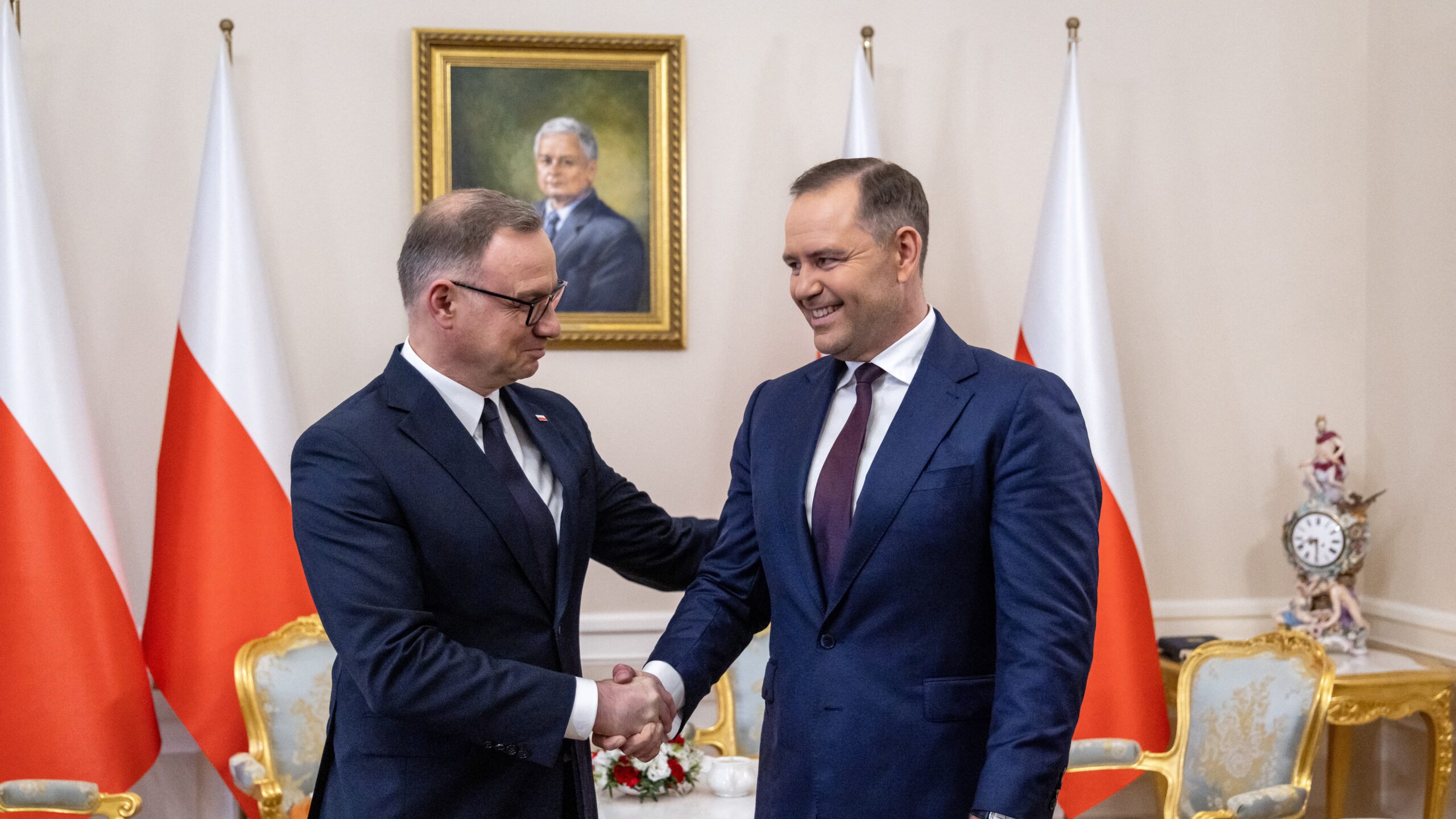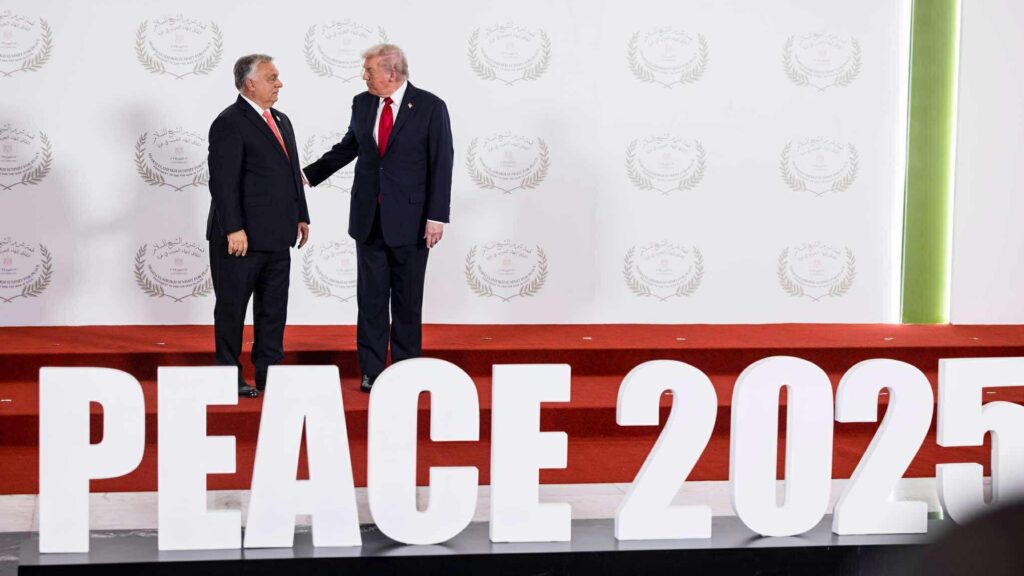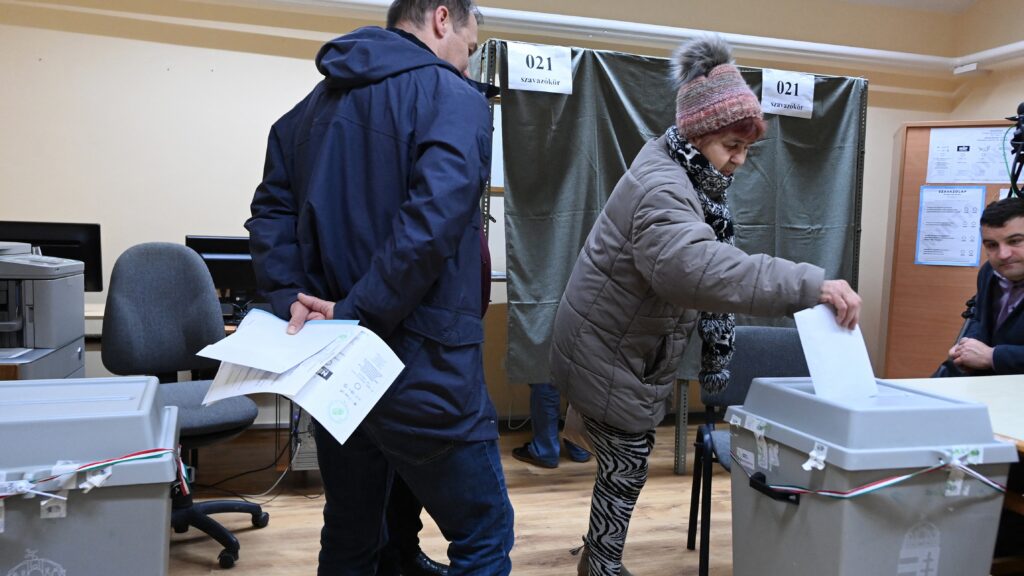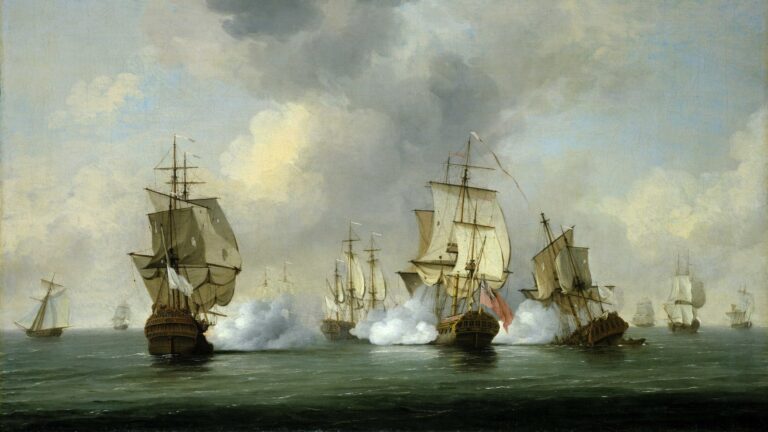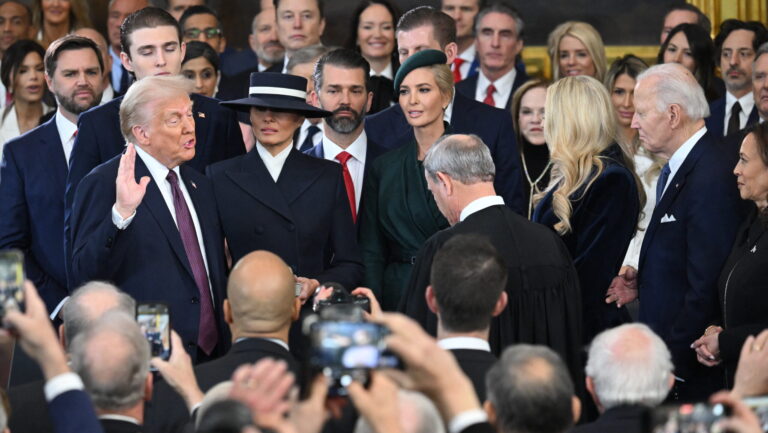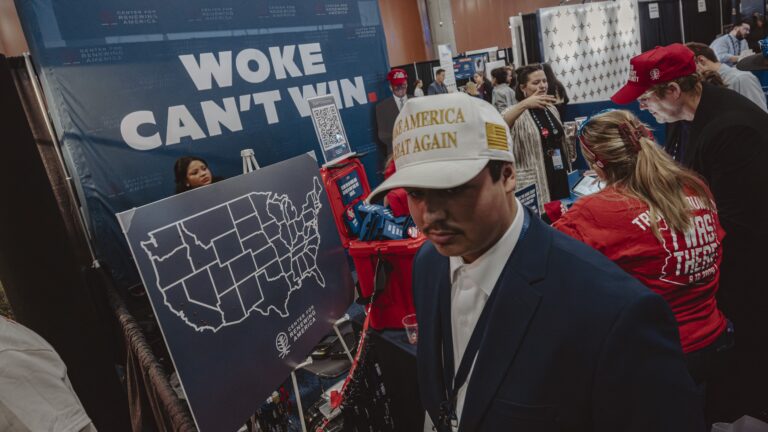Karol Nawrocki won Poland’s presidential election last Sunday by an unprecedentedly narrow margin. Officially a non-partisan candidate but supported by Law and Justice (PiS), the conservative Nawrocki secured 50.89 per cent of the vote. While his victory was welcomed in Budapest, it was met with considerably less enthusiasm in Kyiv and Brussels.
Rule of Law and EU Relations
Nawrocki voiced his criticism of the EU several times during his election campaign. ‘Yes, we want a common market, we want development, we want to be a strong voice in the European Union, but we do not want our freedom in the entire scope of social life to be decided by the Brussels elites,’ he said during a campaign rally. Due to his critical stance on the EU, Brussels was quick to warn—and possibly threaten—Warsaw and the Polish electorate of the consequences of electing him head of state. In an attempt to punish people’s democratic choice to elect a conservative politician, voices calling to cut EU funds to Poland have intensified in Strasbourg and Berlaymont since last Sunday.
During the conservative PiS government, the European Union penalized Poland for its alleged rule of law violations—shortly after the election victory of the liberal Tusk-coalition, however, the Commission withdrew its punitive measures against Warsaw and closed the Article 7 procedure against the country. EU funds blocked during PiS times were unfrozen, despite the fact that Warsaw had not implemented the reforms earlier mandated by Brussels. Afraid of Karol Nawrocki’s victory, between the two rounds the Brussels elite already warned of the possible consequences of electing the conservative candidate. With Nawrocki’s victory Brussel fears that Poland’s ‘effort to restore the rule of law’ is halted. President Nawrocki has the power to veto—in the spirit of checks and balances—the Tusk-government’s proposals.
‘It is now coming back to haunt the EU Commission that it hastily released all frozen EU funds to Poland after Donald Tusk won the parliamentary elections in 2023. The EU Commission must urgently correct this mistake to exert additional pressure to ensure that important rule of law reforms are also implemented,‘ Daniel Freund, a Green MEP infamous in Hungary too for constantly urging to froze EU funds that Member States are entitled for, said.
‘In an effort to project strength and reassure the public of the coalition government’s unity, Tusk has called for a vote of confidence’
The electoral defeat of Rafał Trzaskowski, backed by Prime Minister Donald Tusk, was also a clear signal to the Tusk government that the public is dissatisfied with its performance and pro-Brussels policies. In an effort to project strength and reassure the public of the coalition government’s unity, Tusk has called for a vote of confidence, scheduled to take place on 11 June.
Ukraine
Unlike the EU mainstream, Karol Nawrocki also opposes Ukraine’s NATO membership. On the one hand, the President-elect supports Ukraine’s right to self-defence and considers it important to help Ukraine in its war efforts. On the other, during the campaign he signed a declaration saying he would not ratify Ukraine’s NATO accession if elected President. He explained his opposition to Ukraine’s NATO membership by drawing attention to the fear that Kyiv’s accession to the alliance could escalate the conflict with Russia.
Responding to Nawrocki’s critical stance on Ukraine’s NATO membership, Ukraine’s Ambassador to Warsaw Vasyl Bodnar accused the then-candidate of ‘playing into Russia’s hands’, calling Nawrocki’s views ‘unacceptable’ that threaten the security of Poland. Despite this initial criticism voiced by the Ukrainian ambassador to Poland, once Nawrocki was declared a winner, Ukrainian President Volodymyr Zelenskyy did congratulate him on his triumph. Responding to Zelenskyy’s message the Polish President reminded Kyiv that Warsaw is a strong ally of Ukraine, while Nawrocki also emphasized that good relations between the two countries ‘require not only good dialogue but also solving overdue historical issues’.
Karol Nawrocki’s criticism of Ukraine and its unwillingness to resolve ‘overdue historical issues’ was not merely a campaign tactic. Before running for office, Nawrocki served as President of the Institute of National Remembrance, a body that has long criticized Ukraine for its reluctance to exhume the remains of Polish victims killed by Ukrainian nationalists in Volhynia and Eastern Galicia between 1943 and 1945. The unresolved memory of these massacres continues to strain Polish–Ukrainian relations. Former Prime Minister Mateusz Morawiecki received personal assurances from his Ukrainian counterpart back in 2023 to exhumate victims of the Volhynia and Eastern Galicia massacres, but Ukraine did not actually proceed with exhumations until April 2025. As President of the Institute of National Remembrance Karol Nawrocki was responsible for organizing research and educational activities about crimes committed against the Polish nation primarily by Nazis and Communists. As such, investigating the crimes committed by Ukrainian nationalists against Poland was also one of the research interests of the Institute headed by Nawrocki.
Hungary
As Hungarian Conservative has covered earlier, Hungarian Prime Minister Viktor Orbán was quick to congratulate the newly elected president. Foreign Minister Péter Szijjártó emphasized that the conservative President’s electoral success could pave the way for restoring Polish–Hungarian relations. On Tuesday Nawrocki thanked Prime Minister Orbán on X for his words and reiterated Szijjártó’s message about the importance of Polish–Hungarian cooperation.
Karol Nawrocki on X (formerly Twitter): “Thank you so much, @PM_ViktorOrban! Polish-Hungarian cooperation, both bilateral and in the Visegrad Group, is instrumental to the region and whole Europe’s growth and security. I’ll be happy to work with you on that. We share a lot, including a few similar decades of history… / X”
Thank you so much, @PM_ViktorOrban! Polish-Hungarian cooperation, both bilateral and in the Visegrad Group, is instrumental to the region and whole Europe’s growth and security. I’ll be happy to work with you on that. We share a lot, including a few similar decades of history…
In Hungary it is widely anticipated that President Nawrocki’s leadership will bring about an improvement between the two countries’ relationship that was strained in 2022 by Budapest’s and Warsaw’s disagreement about foreign policy responses to Ukraine’s invasion.
Related articles:

